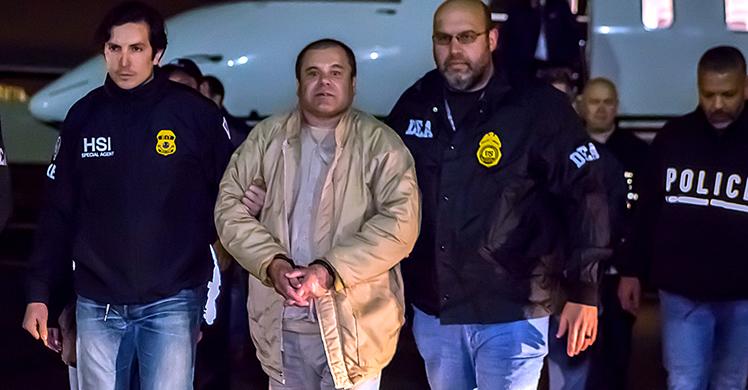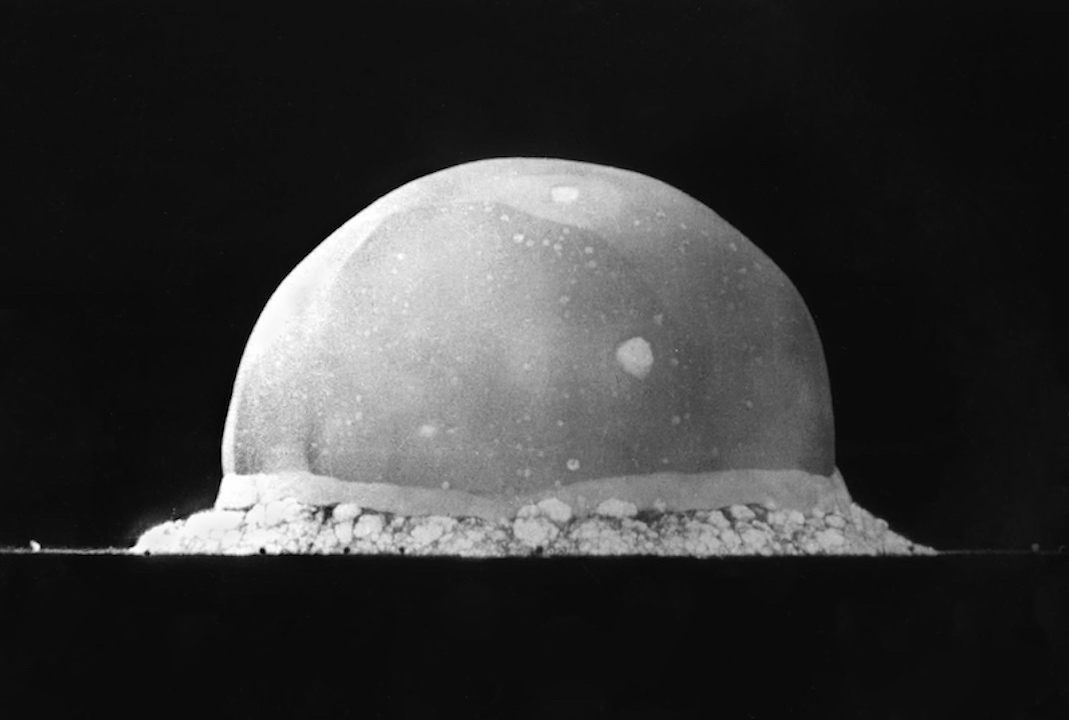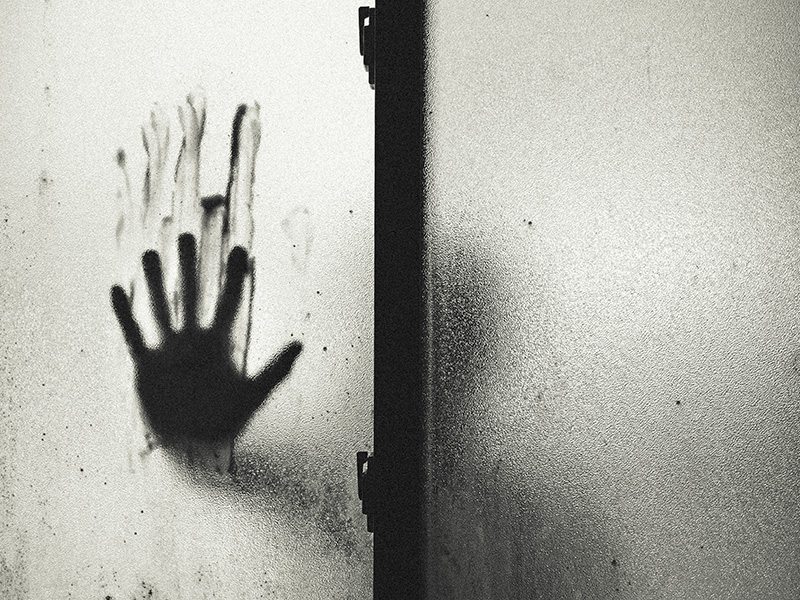A power struggle has intensified throughout western Mexico after Joaquin “El Chapo” Guzmán, the leader of the Sinaloa Cartel, which operates in the province of the same name, was extradited to the United States in late January.
Guzman was initially arrested in June of 1993 and was sentenced to 20 years in prison on charges of drug trafficking, criminal association and bribery. However, Guzmán escaped prison in 2001 by hiding in a laundry cart that was taken out of the facility. The escape came shortly after a Supreme Court of Mexico ruling which made extradition between Mexico and the United States easier.
Guzmán’s second arrest came in early 2014 after the Mexican Navy, with the help of the Drug Enforcement Agency (DEA) and U.S Marshal Service, raided the Mazatlán hotel Guzmán and his wife occupied. In July 2015, Guzmán successfully escaped prison for a second time through a tunnel leading out of the maximum-security prison Federal Social Readaptation Centre No. 1 to a construction site 1.5 kilometers away. The manhunt lasted until January 2016 when the Mexican Navy’s Special Forces raided a house in the coastal city of Los Mochis in northern Sinaloa.
One year after his arrest, Guzmán was extradited to the United States and pleaded not guilty to a 17-count indictment. The extradition of Guzmán has resulted in a power struggle both internally and externally, with new threats from rival organizations.
As Reuters reports, the outbreak in violence has been attributed to the breakdown of an alliance between Guzmán’s sons Alfredo and Ivan Guzman on one side, and the rumored successor for the Sinaloa Cartel’s leadership, Damaso “El Licenciado” Lopez. Only one month after Guzmán’s extradition, Lopez reportedly arranged a meeting with Guzmán’s two sons. Upon arrival, gunmen opened fire on them. Mike Vigil, former chief of international operations for the DEA told Business Insider, “Apparently, [Lopez] called for an important meeting, and when they showed up they ran into a barrage of bullets from at least five or six individuals,” Vigil said. “They killed some of their bodyguards, but they [Guzmán’s sons] were able to get away.”
In light of this internal struggle within the Sinaloa Cartel, rival gangs have recognized this weakness including the Jalisco New Generation Cartel (CJNG) which is a breakaway faction of the Sinaloa Cartel. Indeed, the CJNG first emerged in 2010 in Jalisco State as an unruly partner of the Sinaloa Cartel that was looking to expand its presence beyond Sinaloa State. In 2011, while still under the Sinaloa Cartel’s nominal influence, the CJNG Cartel dumped 35 bodies under a bridge with a message that read “There is a new owner of the turf.” This act must be seen as an early attempt by the CJNG to assert its independence itself from the Sinaloa Cartel. With Guzman’s extradition to the US and the ensuing internal power struggle, the CJNG saw an opportunity to be an independent and powerful cartel. As a matter of fact, in August, Alfredo Guzman and five others were kidnapped at a restaurant in Puerto Vallarta by the CJNG. The six individuals, including Alfredo, were released shortly after being abducted. Mike Vigil describes the Sinaloa Cartel and CJNG as “The only two powerful cartels left,” as “most of the [Mexican] cartels have been weakened.”
In early February, United States President Donald Trump signed three executive orders which included an increased emphasis on targeting transnational drug cartels. Trump has offered Mexican President Enrique Peña Nieto help with combating Mexican drug cartels. However, as the arrest and extradition of Guzmán has shown, Trump and Nieto must go further then killing or capturing the leaders of criminal cartels. When leaders such as Guzmán are arrested, internal and external power struggles intensify, resulting in replaced leaders or splintered factions. With uncertainty surrounding its leadership, many are wondering whether the Sinaloa Cartel will lose its dominance in Mexico.
Photo: El Chapo in US custody (2017) by US Immigration and Customs Enforcement, via the US Department of Homeland Security. Public domain. Photo courtesy of US Department of Homeland Security.
Disclaimer: Any views or opinions expressed in articles are solely those of the authors and do not necessarily represent the views of the NATO Association of Canada.




